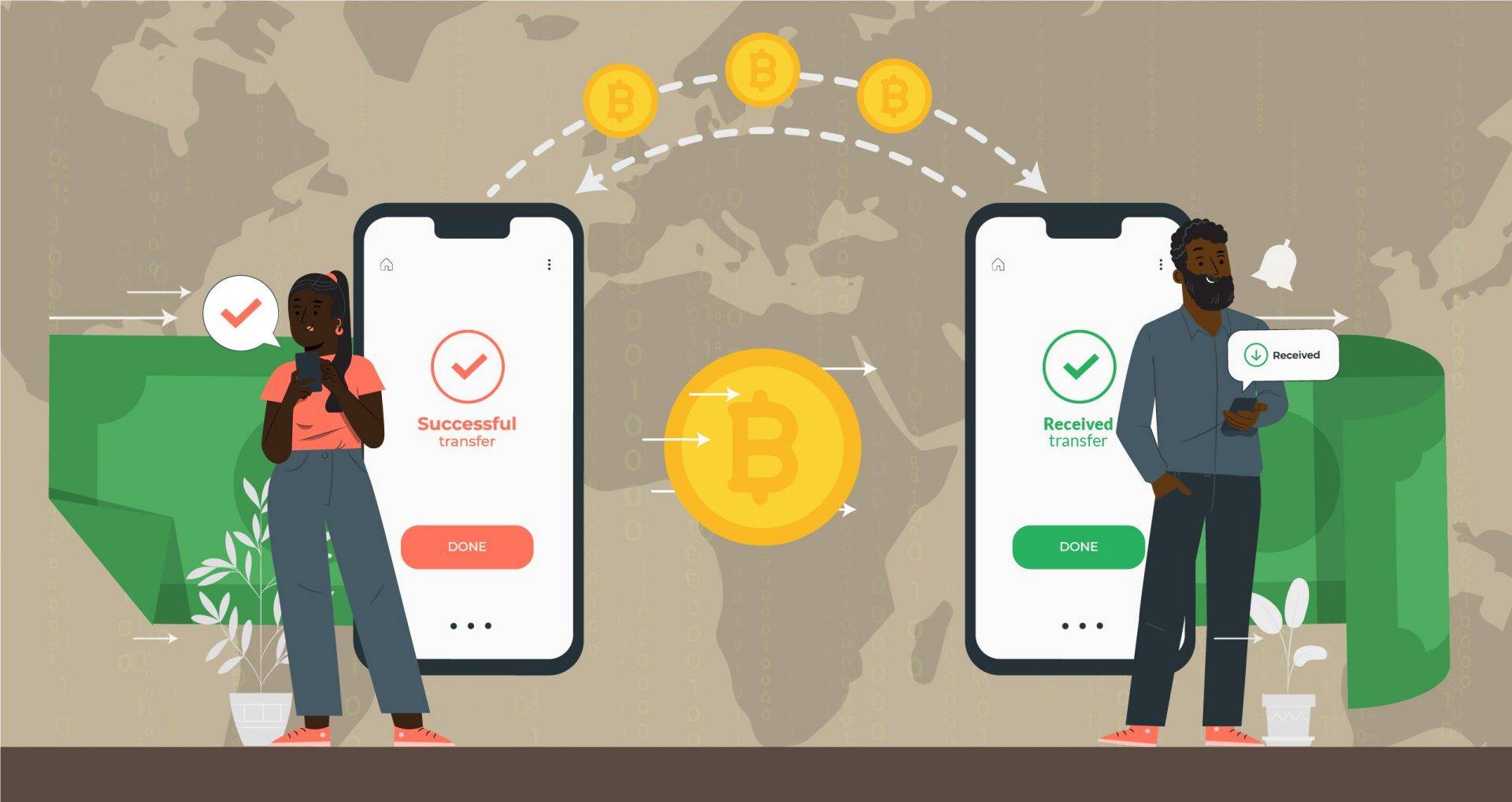“Bitcoin fixes this.”
Has there ever been, in the history of technology, a phrase that’s as easy to say, but as difficult to implement?
Here’s where we’re at.
Crypto is currently used, at scale, for two things: one, as an asset, and two, where the decentralised bit of “decentralised medium of exchange” really matters: where governments are completely failing to keep their side of the social contract bargain.
Everything else is still a marketplace of ideas. Humans love a story. Telling one is what follows our default desire to cooperate (and thus trade). Crypto promised the latter; we create the former in a bid to make it true.
The greatest story ever told
Storytelling is our go-to tool – and one that can smooth over the gap between having a solution that’s looking for a problem, and finding a problem that needs a solution.
This piece isn’t concerned with those stories not becoming reality. In fact, getting people behind a narrative can will it into existence – and I’ll come onto that. But first, there’s a story that always needs to be true for any technology to change the world: crypto needs to disappear.
Crypto language, its complexity and barriers to entry must all melt away. Regardless of what it might enable in the future, right now, it is up against the incumbents.
This recent piece from David Sacks on financial censorship implies what crypto can, at scale, replace. But it also tells you why it might not.
First Big Tech censored speech. Now they are blocking access to the financial system, which may be even worse. I’m particularly dismayed to see PayPal, a company I helped create, leading the charge. Thanks to @bariweiss for running my guest post.https://t.co/TFTmAqqHlb
— David Sacks (@DavidSacks) July 30, 2021
Even the moments where the ultra-regulated and oligopolistic payments system is thrown into sharp relief still don’t inevitably force change. The default is that the all-powerful giants of the industry, regardless of how unsatisfactory the situation, can call the shots – look at Mastercard and the Only Fans facepalm.
Payments: The first real use case
And yet payments is a fascinating one because the problem is clear – it’s just that solving it requires shooting right into the heart of the system and, essentially, replacing it: it’s precisely what crypto can do, while also embodying what it hasn’t yet been able to achieve – because we’ve been too busy trying to use it to try and solve every other problem – to build other new world orders.
The political views of those running payment providers should not limit our ability to transact. That feels tantamount to the government running not just trade but the mechanism by which it’s done.
Enjoying this? Get the newsletter.
Never miss our latest content, occasional podcasts, and deep-dive explorations into startups, work and commerce.
Yet globally, we’re closer to that than ever before. Not because protectionist monopolies and state-backed systems haven’t existed across civilization, but because the internet increases velocity almost immeasurably, and it’s inherently digital nature means that velocity can be tracked and controlled.
Crypto can be our salvation from some Modern Monetary Theory, Big Tech hell hole – where moralising whim and mistaking a store of value for a token rule the day (and the century). But for that to be true, we have to package it in a more human format, and respond to real-world use cases – even when it comes to payments.
Viable crypto alternatives to payments (in the West at least) need to be able to compete with PayPal, Cash App, or Venmo. People won’t just use them because they like the idea; they’ll use them because they’re better.
And the point of crypto, baked into its fabric, is that there will be multiple players here. Coinbase would be a good bet for kicking off global accessibility of products and services but, by definition, last movers likely don’t even exist yet.
Until we make crypto invisible, we continue to embolden the already-invisible, and ever-growing super powers of today’s global economy.
Crypto disappears. What next?
Technology is working when it’s disappeared. None of us should need to know what something we’re using runs on. At that point, you can start telling stories about the future. If we can hope – even assume – that the crypto market will grab hold of the Only Fans opportunity, we can start imagining what incremental steps will happen next.
I’ve written before about one-person unicorns. That’s much more believable if the cost of transacting collapses, and the interactivity between micro companies (small but mighty!) grows. Dynamic transactions and currencies will also make flexible and remote employment easier, too.
We haven’t quite made it to living on different planets yet. But some of us alive today will be fortunate enough to see that and be a part of it, and perhaps own assets in space before that. Visa and Mastercard might be all-powerful, but I doubt they’ll manage interplanetary over-lording. A decentralised, or distributed, system would be preferable.
Crypto use cases make the imagination run wild. Closer to home, what about philanthropy and welfare? A toxic combination of post-war “it’s the government’s job” and “the unbanked” means we really haven’t bothered to build direct and sophisticated giving into the fabric of society. I for one would like to see that change.
Crypto is the best chance we’ve got to not re-run the default power consolidations humanity seems to always fall into. It’s a chance to spread that power.
And even if it’s just the start of that journey, we owe it to ourselves to evaporate the complexity and throw open accessibility. I’d love to chat to anyone who feels the same way and is trying to do it. Let’s get on with it.
This piece was editorially supported by HSG, the content firm that helps startups, investors and entrepreneurs become media companies.
I'd love your feedback on this piece over on Twitter: @christianbowens
Related Reading:





